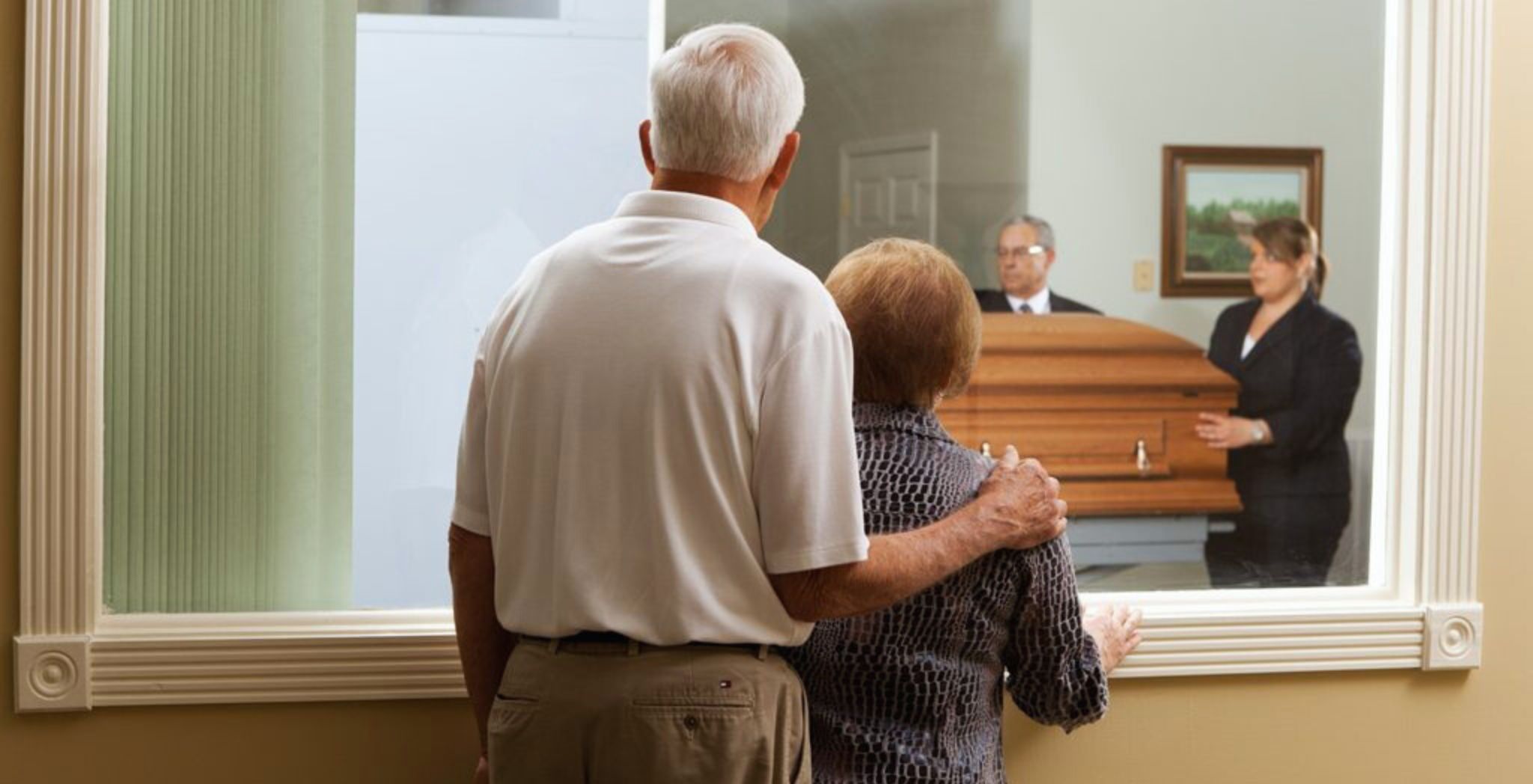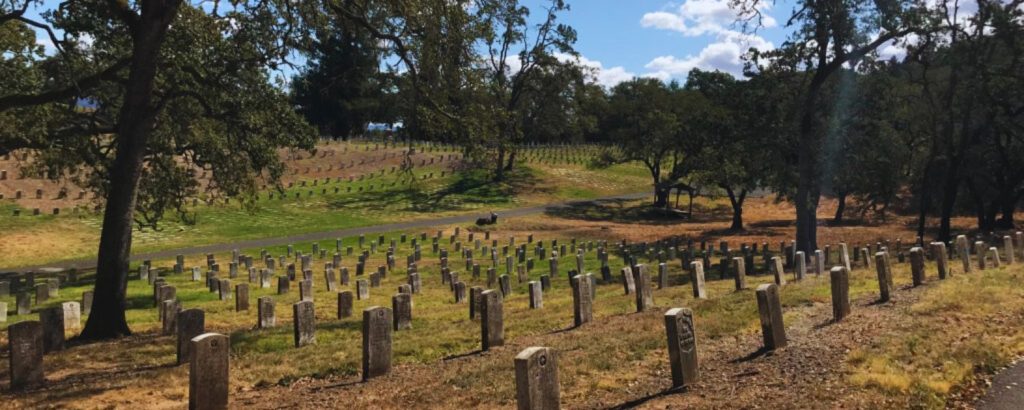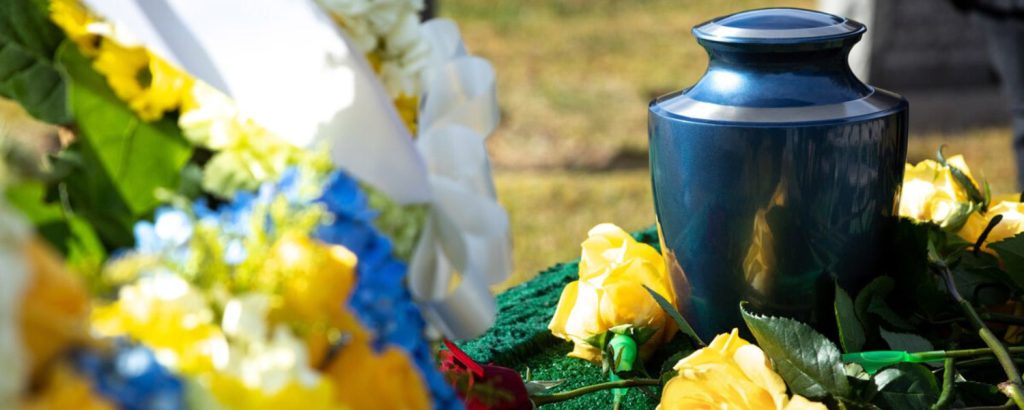
When a loved one passes away, families face many decisions. One of the most significant choices is whether to consider burial or cremation. In recent years, cremation has become increasingly popular for various reasons. Understanding the cremation process can help demystify this option and aid in making informed decisions during challenging times. Swanborough Funerals, among other funeral homes Logan, offer comprehensive cremation services, providing families with care and guidance throughout the process.
Why do people decide on cremation?

People choose cremation for various reasons, including practical, personal, and environmental factors. One primary reason is cost-effectiveness. Opting for cremation typically costs less than a traditional burial since it removes the necessity for a casket, burial plot, and other expenses linked with a conventional funeral.
Another reason is flexibility. The ashes from cremation can be placed in an urn, buried in a cemetery, scattered in a meaningful location, or transformed into keepsakes or jewellery. This flexibility allows families to personalise the final disposition according to their preferences and beliefs.
Moreover, certain individuals opt for cremation due to environmental considerations. Cremation requires less land use than burial and does not involve embalming chemicals, making it a more environmentally friendly option for some individuals.
People decide on cremation for various reasons, including cost-effectiveness, flexibility, environmental considerations, and cultural or religious beliefs.
What is the cremation process, and how does it work?

Understanding the cremation process entails knowing the steps involved from the moment the deceased is entrusted to the care of a funeral home until the final disposition of the ashes. Let’s delve into each stage:
Identifying the Deceased
Before the cremation process can commence, it is imperative to confirm the identity of the deceased. This step ensures that the right individual undergoes the procedure, eliminating potential confusion or errors.
Funeral homes, including Swanborough Funerals in Logan, have stringent protocols to verify the deceased’s identity. This may involve cross-referencing identification documents, such as driver’s licences or passports, with records provided by the family or healthcare institutions.
Additionally, visual identification by family members or legal representatives may be required in some cases. By meticulously confirming the identity of the deceased, funeral homes uphold the utmost respect and dignity throughout the cremation process.
Authorising the Procedure
Once the identity of the deceased is confirmed, the next crucial step is obtaining authorisation for cremation from the appropriate parties. This typically involves the next of kin or legal representative consenting to the procedure.
Funeral homes guide families through the authorisation process, explaining legal requirements and ensuring all necessary documentation is completed accurately. This authorisation ensures compliance with legal regulations and honours the wishes of the deceased and their family.
By obtaining explicit consent, funeral homes uphold ethical standards and give families peace of mind, knowing their loved one’s final wishes are respected.
Preparing the Body
Before entering the cremation chamber, the body undergoes careful preparation by trained professionals. This process involves cleaning and dressing the deceased with the utmost care and respect. Any personal belongings the family provides are meticulously accounted for and safeguarded throughout the procedure.
Funeral home staff handle the deceased with compassion and dignity, ensuring they are treated with the highest reverence. By preparing the body with meticulous attention to detail, funeral homes honour the deceased’s memory and comfort grieving families.
Moving into the Cremation Chamber
After the body is prepared, it is respectfully transferred to the cremation chamber. This specialised facility is designed to withstand the extreme temperatures required for cremation. Funeral home staff handle this transition with the utmost care and reverence, ensuring the dignity of the deceased is always maintained.
Once inside the cremation chamber, the body is placed in a specialised container designed to facilitate the process efficiently and safely. Funeral homes like Swanborough Funerals utilise modern cremation equipment and adhere to strict operational protocols to ensure the procedure is conducted professionally and respectfully.
Finalising the Remains
During the cremation process, the intense heat of the cremation chamber reduces the body to its essential elements, primarily bone fragments. Once the process is complete, the remains are carefully removed from the chamber and cooled. Funeral home staff then meticulously gather the cremated remains, ensuring that all fragments are collected.
Any metal objects, such as prosthetics or dental fillings, are separated and disposed of appropriately. The remaining ashes, also known as cremains, are then processed into a finer consistency, ready for transfer to an urn or container chosen by the family. Funeral homes handle this finalisation process with the utmost care and reverence, honouring the memory of the deceased and providing families with closure during a difficult time.
Transferring the Ashes
After the remains have been processed and finalised, funeral home staff transfer the ashes to an urn or container the family selects. This urn serves as a dignified vessel for the cremains, providing a tangible symbol of remembrance and honouring the life of the deceased.
Funeral homes offer various urn options to suit the preferences and budget of each family, ranging from simple and elegant designs to personalised and customised creations. Once the ashes are transferred, funeral home staff guide families on memorialisation options, including burial, scattering, or placement in a columbarium.
By assisting families with the transfer and memorialisation of ashes, funeral homes support them in honouring their loved one’s memory and finding comfort in their unique way.
How Long Is the Process?

The duration of the cremation process can vary depending on several factors. Several factors contribute to the duration of the cremation process, such as the deceased’s dimensions and mass, as well as the type of cremation equipment utilised at the crematorium. Generally, cremation can take anywhere from two to four hours.
Smaller individuals or those with less body mass may require less time for cremation, while larger individuals may take longer. The efficiency and capacity of the cremation equipment also play a significant role in determining the duration of the process. Some modern cremation facilities may have advanced equipment to expedite the process, while older facilities or those with lower capacity may take longer.
Additionally, factors such as regulations, procedures, and preparation time before the actual cremation can contribute to the overall duration of the process. However, funeral homes and crematorium staff strive to ensure that the process is conducted with respect, dignity, and efficiency while accommodating the wishes of the deceased and their loved ones.
Conclusion
In conclusion, cremation, though perhaps initially daunting, is a well-organised and respectful procedure designed to honour the deceased and provide closure for loved ones. Funeral homes like Swanborough Funerals in Logan ensure that every step is conducted with care and sensitivity, offering support and guidance to families during their time of need.
Cremation offers a range of benefits, from cost-effectiveness to flexibility in memorialisation options. Understanding the cremation process allows individuals and families to make informed decisions that best suit their preferences and circumstances.
By demystifying the cremation process, we hope to alleviate any concerns or uncertainties families may have when considering this option. Ultimately, whether one chooses cremation or traditional burial, what matters most is honouring the memory of the departed and finding solace in the memories and legacies they leave behind.
 "/>
"/>
